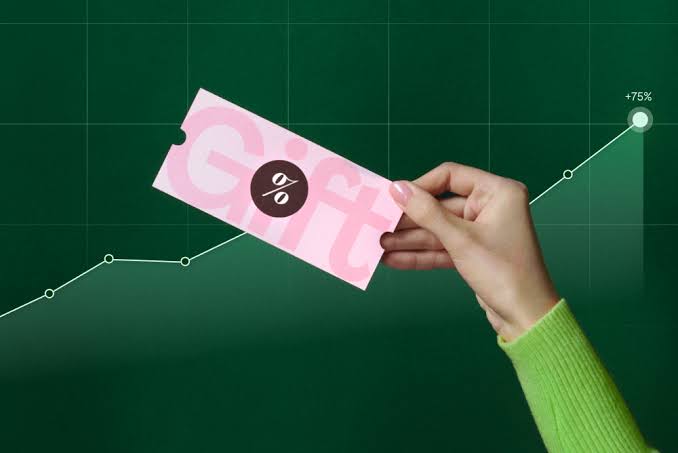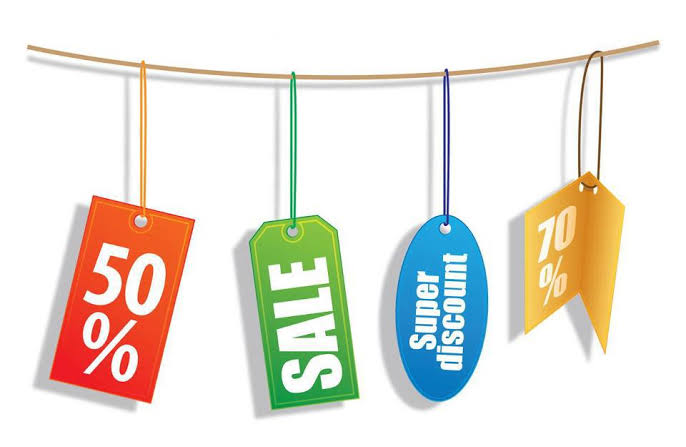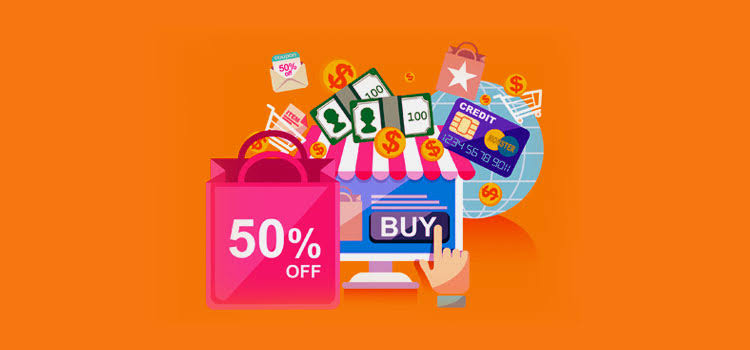
Ever wondered why a limited-time discount makes you rush to buy? That’s the psychology of discounts at play! Businesses use pricing psychology to trigger impulse purchases, enhance customer loyalty, and boost revenue.
But when should you offer discounts, and how do they impact consumer buying behaviour? In this blog, we’ll break down the science behind discounts, the best discount marketing strategies, and how to use them effectively without hurting profits.
Whether you’re a small business or an e-commerce giant, understanding how discounts influence consumer behaviour will help you make smarter pricing decisions.
From best discount strategies for businesses to knowing when should businesses offer discounts, this guide covers it all. Get ready to master the psychology of discounts and turn every sale into a profit-making opportunity. Ready to optimise your discount game? Let’s dive in!
Table of Contents
- The Psychology Of Discounts: It’s All Science
- The Psychology of Discounts: Why Do Discounts Work?
- Winning Strategies: Mastering The Psychology Of Discounts?
- Best Discount Strategies for Businesses
- The Impact of Discounts on Customer Loyalty
- How The Psychology Of Discounts Influence Consumer Behavior
- Conclusion: Using the Psychology of Discounts for Long-Term Success
The Psychology Of Discounts: It’s All Science

Why do people get excited when they see “50% OFF for today only!”? It’s not just a marketing gimmick—it’s the power of the psychology of discounts. Discounts tap into human emotions, creating urgency and FOMO (fear of missing out), which influences consumer buying behaviour.
Businesses use pricing psychology to trigger impulsive decisions, increase conversions, and even shape long-term buying habits. But offering discounts blindly can backfire. The real trick is knowing when should businesses offer discounts and how to balance profitability with customer attraction. Let’s break it down.
The Psychology of Discounts: Why Do Discounts Work?
Discounts manipulate how customers perceive value. Here’s how:
1. Anchoring Effect:
When a product originally priced at $100 is marked down to $70, customers see it as a steal—even if the actual value is closer to $70. This pricing tactic makes the new price feel like a bargain.
2. Urgency and Scarcity:
Ever noticed how limited-time discounts make you feel the need to act fast? That’s because scarcity increases perceived value, pushing customers to buy before the deal disappears.
3. Dopamine Rush:
Research in consumer buying behaviour shows that getting a discount releases dopamine—the “feel-good” hormone. That’s why people love hunting for deals!
Winning Strategies: Mastering The Psychology Of Discounts?
Discounts are powerful, but timing is everything. Businesses should offer them when:
- Launching a New Product: Attract attention and encourage trials.
- Clearing Inventory: Move unsold stock without losses.
- During Seasonal Sales: Capitalise on peak shopping periods.
- For Customer Retention: Reward loyal customers with exclusive offers.
- To Re-engage Inactive Customers: A strategic email with a discount can bring back lost customers.
However, too many discounts can cheapen your brand, making customers expect lower prices all the time. Balance is key!
Best Discount Strategies For Businesses
To maximise profits while keeping customers happy, try these discount marketing strategies:
1. Percentage-Based Discounts
“Get 20% off” works well for higher-priced items because customers feel they’re saving more.
2. Dollar-Off Discounts
“$10 OFF” is more effective for lower-priced products, as the absolute savings feel significant.
3. Bundle Discounts
“Buy One, Get One 50% Off” encourages customers to spend more while feeling they’re getting extra value.
4. Loyalty Discounts
Exclusive discounts for repeat customers boost customer loyalty and retention.
5. Psychological Pricing
Pricing a product at $9.99 instead of $10 creates a perception of a lower price, triggering impulse buys.
Each of these strategies works differently depending on your audience, product, and goals.
The Impact Of Discounts On Customer Loyalty
While discounts can attract new customers, they can also affect customer loyalty. If customers always expect discounts, they might never pay full price. The key is to mix discounts with value-driven strategies like:
- Personalised Offers: Sending exclusive deals based on past purchases.
- Reward-Based Discounts: Offering discounts in exchange for referrals, social shares, or loyalty points.
- Tiered Discounts: Rewarding higher spending with bigger savings (e.g., “Spend $100, get 15% off; spend $200, get 25% off”).
Used strategically, discounts can strengthen customer loyalty rather than weaken it.
How The Psychology Of Discounts Influence Consumer Behaviour
Understanding how discounts influence consumer behaviour helps businesses refine their pricing tactics. Here’s what studies show:
- Discounts Increase Purchase Intent: When people see a discount, they’re more likely to buy—often things they weren’t planning to!
- They Can Devalue a Brand: Constant discounts can make a brand seem “cheap,” reducing perceived quality.
- They Create Psychological Ownership: A person who almost buys a discounted item is more likely to return and purchase later.
Knowing this, businesses must ensure their discount strategy aligns with long-term goals.
Conclusion: Using The Psychology Of Discounts For Long-Term Success
The psychology of discounts is a double-edged sword. Done right, it boosts consumer buying behaviour, increases sales, and strengthens customer loyalty. But overuse can devalue your brand and hurt profits. Smart discount marketing strategies—like personalised offers, urgency-driven sales, and loyalty rewards—help businesses strike the perfect balance.
Want to implement a winning discount strategy? Start optimising your pricing psychology today and watch your sales soar!





